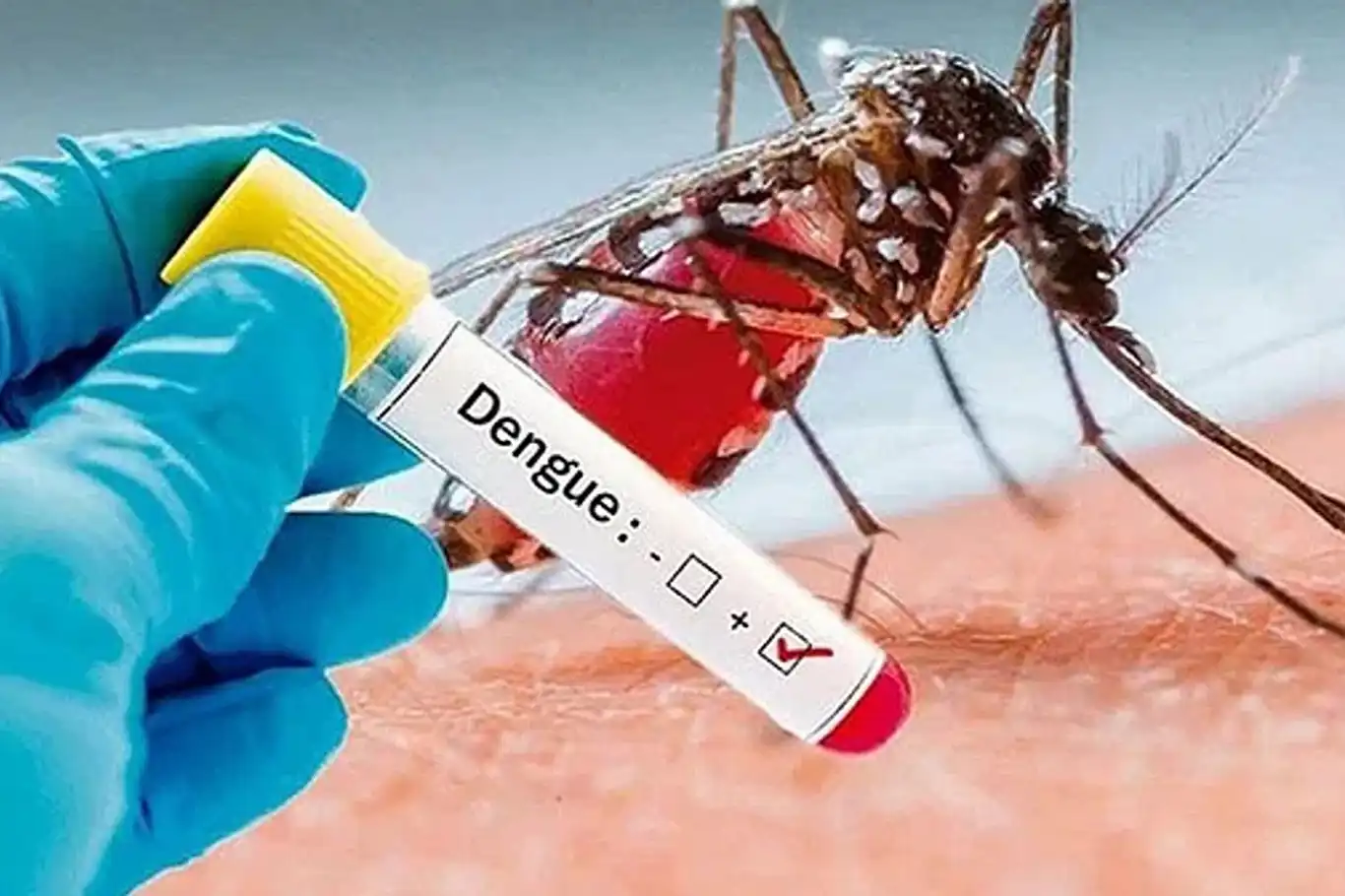Argentina faces insect repellent shortage amidst looming dengue threat


Argentina is facing a public health crisis unlike any it's seen before. Dengue fever, a mosquito-borne viral illness, is spreading at an alarming rate, with over 163,000 cases reported in 2024 alone.
This surge has coincided with a critical shortage of insect repellent, a crucial tool for preventing the disease.
Manufacturers misjudged the demand for repellent, leading to insufficient production to meet the current surge in cases. The lengthy production process further exacerbates the problem, leaving store shelves bare and online prices inflated.
The government acknowledges the "bottleneck" in production and promises a swift resolution. However, many citizens, particularly in Buenos Aires, remain apprehensive as the outbreak continues unabated.
Experts point to global warming and the El Nino phenomenon as contributing factors to the severity of the current dengue season. These factors create ideal breeding grounds for mosquitos, the carriers of the virus.
Dengue fever, while not always severe, can be debilitating and even deadly. Argentina's health ministry has confirmed fatalities across all age groups, with the elderly most vulnerable.
Hospitals are reporting an influx of patients exhibiting symptoms like high fever, severe headaches, swollen glands, and rashes.
Argentina is not alone in its struggle. The Pan American Health Organization (PAHO) warns of a potentially record-breaking outbreak across the Americas. Brazil and Paraguay are also experiencing a surge in dengue cases, with over 3.5 million infections and 1,000 deaths reported in the region.
Public health officials are calling for a coordinated regional response to combat the outbreak. This includes increased production and distribution of repellent, public awareness campaigns, and mosquito control measures.
Argentina's dengue crisis underscores the importance of public health preparedness for mosquito-borne diseases. Strengthening forecasting models, diversifying supply chains for essential medications, and investing in mosquito control initiatives are crucial steps.
The global community must also address the underlying environmental factors contributing to the rise of mosquito-borne illnesses.
This situation demands immediate action and long-term solutions to prevent similar crises in the future. (ILKHA)
LEGAL WARNING: All rights of the published news, photos and videos are reserved by İlke Haber Ajansı Basın Yayın San. Trade A.Ş. Under no circumstances can all or part of the news, photos and videos be used without a written contract or subscription.
In 2024, Türkiye recorded significant internal migration, with 2,682,673 people relocating across provinces, according to data released by the Turkish Statistical Institute (TurkStat) on Monday.
A child has died from measles at Alder Hey Children’s Hospital in Liverpool, marking the second child fatality from the virus in the UK this decade, health officials have confirmed.
As the world commemorates World Population Day, a United Nations initiative launched in 1989 to raise awareness about population and development challenges, the latest 2024 United Nations population estimates position Türkiye as a significant player in global demographics.
The World Health Organization (WHO) issued a dire warning on Wednesday, stating that Gaza’s health system is on the verge of a “complete shutdown” due to a critical lack of fuel.